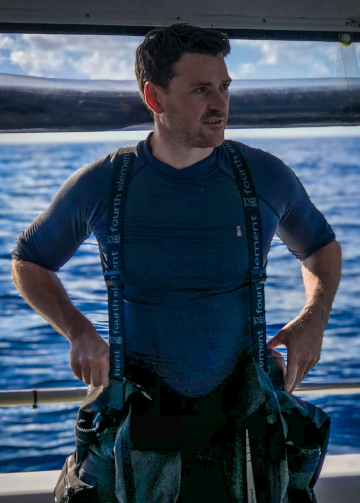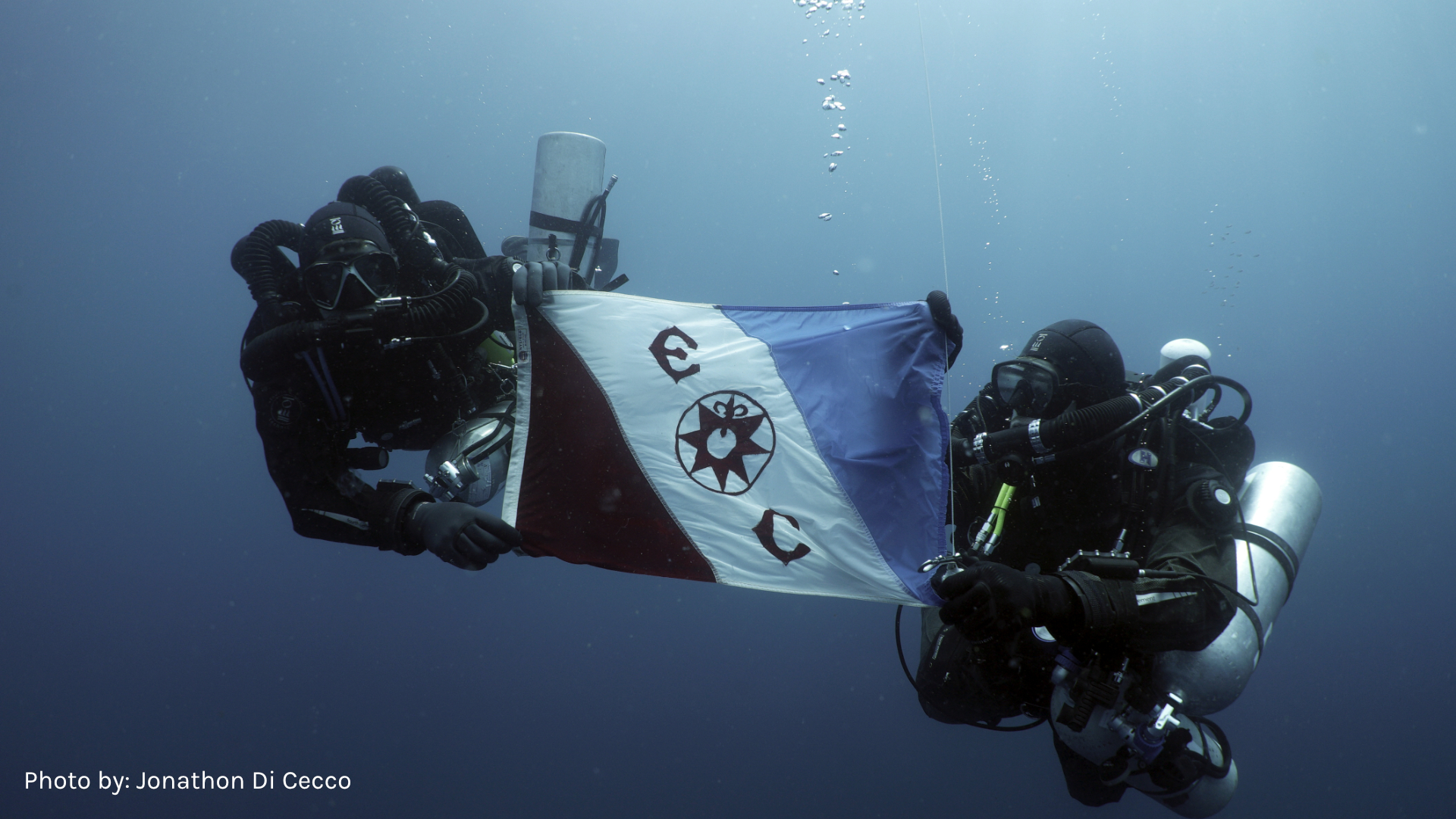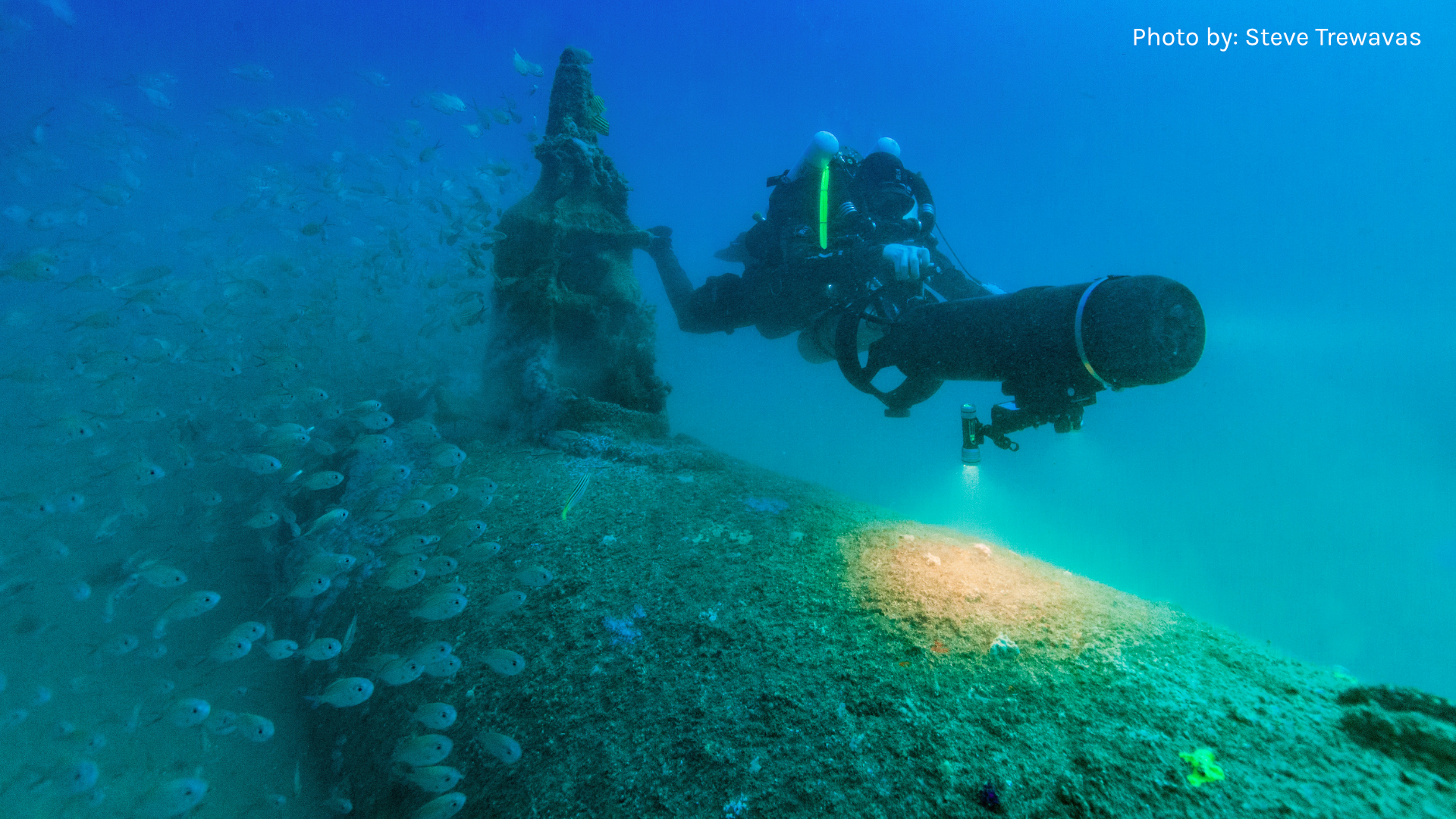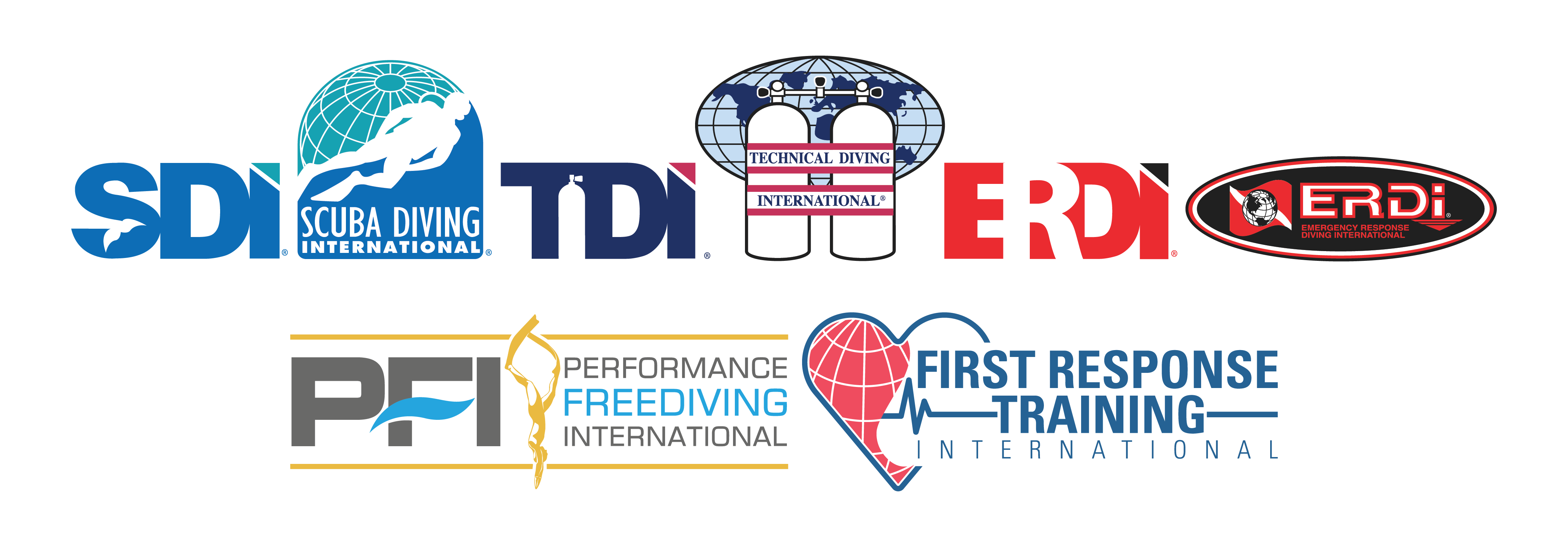
Dr Matt Carter's Topic:
Topic 1:
Ghost Wrecks of the Pacific
During the Second World War, over 3,800 ships containing as much as 5 billion litres of oil, and hundreds of thousands of tons of explosives were sunk throughout the Asia-Pacific Region. Corroding underwater ‘out of sight, and out of mind', today these wrecks are approaching structural collapse threatening marine ecosystems, cultures and livelihoods in the region. Recognising the risk these wrecks pose, the Major Projects Foundation (MPF), a marine research and conservation not-for-profit, combines scientific and technical diving to mitigate the toxic legacy of these ghost wrecks.
Matt Carter, PhD
Marine archaeologist and Research Director for the Major Projects Foundation
Dr Matt Carter is the leading technical diving marine archaeologist in Australasia and is passionate about combining technical diving and photogrammetry to record shipwrecks beyond recreational diving limits.
Since 2007 Matt has worked on underwater archaeological projects in 12 different countries ranging from the excavation of a 2800-year-old Phoenician shipwreck in Spain, mapping ancient Mayan skeletons in sacred cenotes in Mexico, to 3D modelling WWII wrecks in Micronesia.
In 2009 Matt was awarded the Our World-Underwater Scholarship Society's (OWUSS) Australasian Rolex Scholarship where he was introduced to the use of Closed-Circuit Rebreathers (CCR) for scientific diving. This introduction inspired Matt to undertake his CCR trimix training in 2010 and since then he has been at the forefront of the use of CCR for marine archaeology in Australasia including co-leading two expeditions (2017 & 2018) to 3D map one of Australia's most significant underwater cultural heritage sites, the M-24 Japanese Midget Submarine.

Matt is an International Fellow of the Explorers Club, a Vice-President of the Australasian Institute for Maritime Archaeology (AIMA), and the New Zealand representative on the ICOMOS International Committee on Underwater Cultural Heritage (ICUCH). Matt has also worked as a specialist presenter on the television series ‘Coast: New Zealand’, a spin-off from the BBC-produced UK series ‘Coast’, and as a technical advisor to the United Nations, the Secretariat of the Pacific Regional Environment Programme (SPREP), and the Government of Australia.

Today as Research Director for the Major Projects Foundation Matt combines his scientific, commercial, and technical diving training to protect the marine ecosystems, cultures and livelihoods threatened by polluting WWII shipwrecks in the Pacific.




